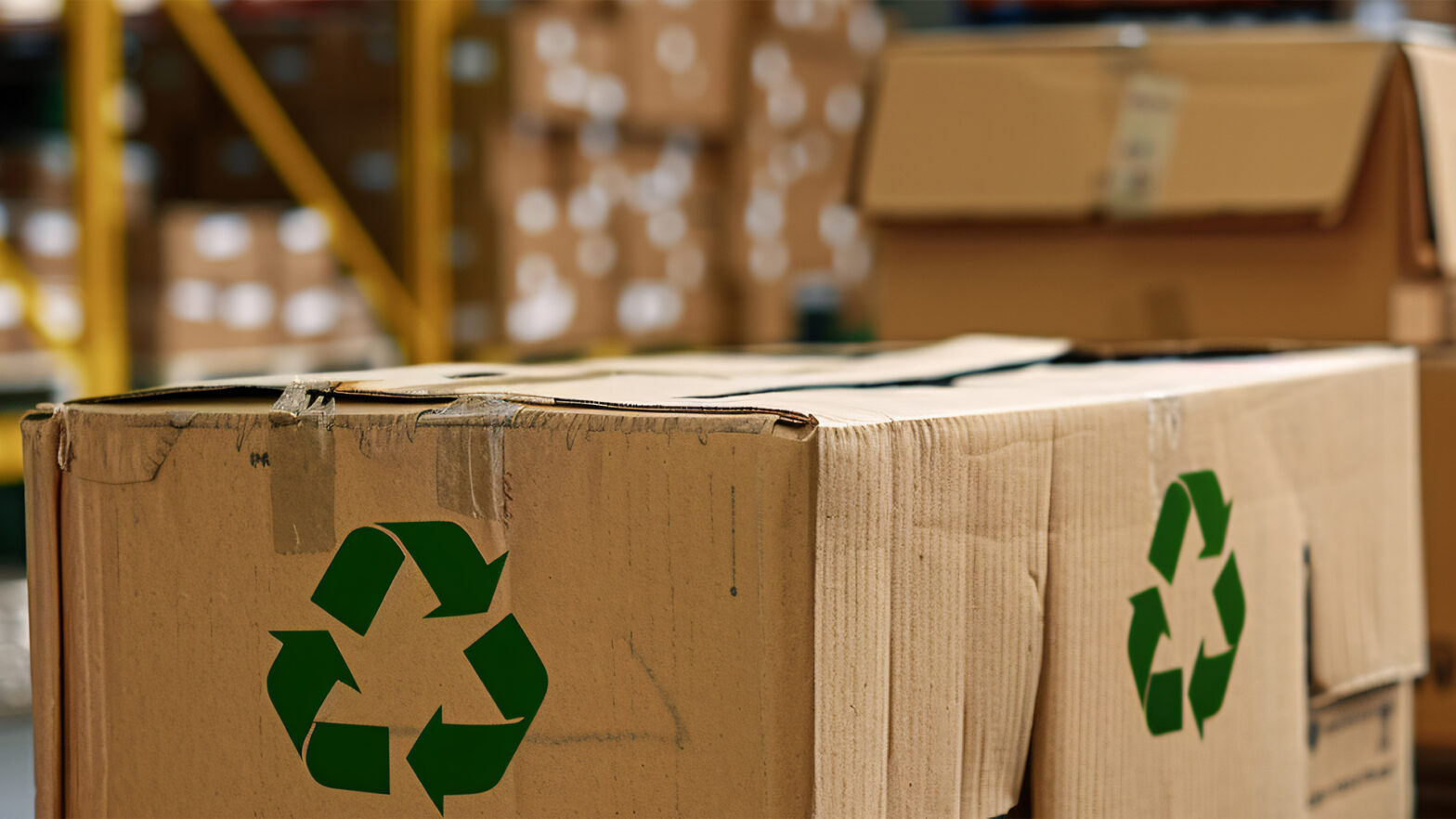
By Steve Brownett-Gale, Marketing Lead at Origin
The pharmaceutical industry has long been a cornerstone of global health, providing essential medications and therapies.
However, its environmental footprint has become a growing concern. From CO2 emissions and plastic waste to water pollution and energy consumption, the sector faces significant sustainability challenges.
In response, many pharmaceutical companies are taking bold actions to reduce their environmental impact through various innovative and strategic initiatives. These are outlined in detail below:
Cutting carbon footprints
The reduction of its carbon footprint is one of the largest priorities and areas of action for the pharmaceutical industry. This involves several approaches, such as optimising manufacturing processes, improving energy efficiency, and transitioning to renewable energy sources.
Bayer, for example, has implemented the “Application of Greenhouse Gas Reduction Measures” programme, which includes using renewable energy, enhancing energy efficiency in production, and implementing an environmentally friendly procurement programme to ensure suppliers meet strict sustainability criteria.
Similarly, many companies are setting ambitious targets to reduce greenhouse gas emissions. By optimising manufacturing and distribution processes and responsibly sourcing energy, water, and raw materials, carbon output is reduced.
Sustainable manufacturing practices
Sustainable manufacturing is another critical area where the pharmaceutical industry is making strides, including the adoption of greener technologies and processes that minimise waste and pollution.
Companies are investing in advanced manufacturing techniques and highly efficient effluent treatment solutions that reduce the use of harmful chemicals and solvents, thereby decreasing the risk of environmental degradation.
One technique to note is continuous manufacturing, which is more efficient and produces less waste than traditional batch processes.
Waste management and recycling
Proper waste management and recycling are central to pharma’s sustainability efforts. It’s an area of great potential given that pharmaceutical production generates a considerable amount of waste, including hazardous materials that need to be disposed of responsibly.
Comprehensive waste management programmes that focus on reducing, reusing, and recycling waste products are now commonplace. They aim to divert waste away from landfill by producing less in the first place and extending the lifecycle of materials, including packaging.
Additionally, initiatives like take-back programmes for unused medications help prevent improper disposal, reducing the risk of pharmaceuticals entering the environment.
Water conservation and pollution prevention
Water is an important resource in pharmaceutical manufacturing, used extensively in production processes, cleaning, and cooling.
Investment in new technologies and effluent treatment plants that reduce water usage and enhance the efficiency of water-intensive processes is rising. And effluent treatment plants are being upgraded to ensure that wastewater is treated effectively before being discharged, thereby reducing the risk of water pollution.
Additionally, strategies such as closed-loop water systems and rainwater harvesting are reducing the industry’s reliance on freshwater sources.
Sustainable sourcing and supply chain management
Sustainable sourcing and supply chain management are crucial for reducing the overall environmental impact of the pharmaceutical industry, as well as navigating the uncertainty of climate change and global events.
Companies are increasingly adopting sustainable procurement practices in collaboration with their suppliers. This includes setting environmental performance criteria, encouraging the use of eco-friendly packaging materials, and reducing the carbon footprint of transportation and logistics.
Innovation and research
Innovation and research play pivotal roles in the pharmaceutical industry’s sustainability efforts. Companies are investing in research and development to discover new, environmentally friendly processes and materials. This includes developing biodegradable packaging materials, green chemistry techniques, and more energy-efficient production methods.
Collaborative efforts between academia, industry, and government are also fundamental for developing new technologies and approaches that can significantly reduce the industry’s environmental footprint and boost its resilience against disruption.
Regulatory compliance and corporate responsibility
Lastly, the pharmaceutical industry continues to take regulatory compliance and corporate responsibility incredibly seriously when it comes to environmental protection. This is an evolving landscape which requires high levels of diligence to avoid costly mistakes – both in a financial and reputational sense.
Beyond compliance, many pharmaceutical companies are embracing corporate social responsibility (CSR) initiatives that focus on sustainability. These initiatives often involve setting ambitious environmental goals, publishing sustainability reports, and engaging with stakeholders to promote transparency and accountability across the industry.
Together, these efforts are helping to lessen the pharmaceutical industry’s environmental footprint and promote a more sustainable future.


















